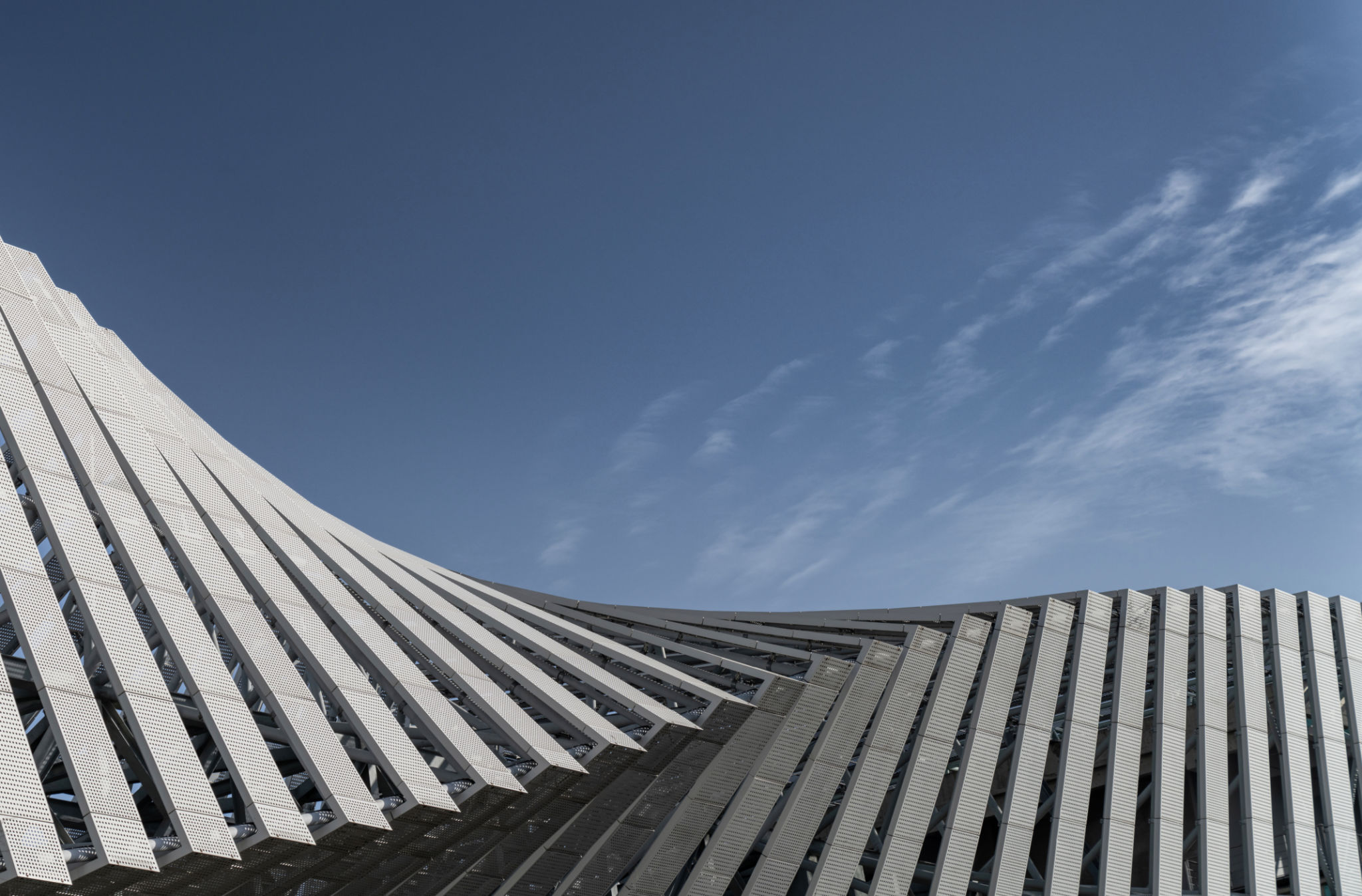Top Real Estate Trends in Dubai: What to Expect
Dubai's Real Estate Market Overview
Dubai's real estate market has long been a beacon of innovation and luxury, attracting investors and residents from around the globe. With its futuristic skyline and strategic location, Dubai continues to evolve, presenting new opportunities and trends. As we look ahead, understanding these trends becomes crucial for anyone interested in the real estate sector in this vibrant city.
In recent years, the market has shown remarkable resilience, bouncing back from global economic challenges with renewed vigor. The city's commitment to development and infrastructure has played a significant role in sustaining its real estate appeal. Let's explore some of the key trends shaping the future of Dubai's real estate landscape.

Rise of Sustainable Developments
Sustainability is no longer just a buzzword; it's a defining feature of modern real estate projects in Dubai. Developers are increasingly focusing on creating environmentally friendly spaces that reduce carbon footprints and enhance the quality of life for residents. This trend is driven by both government initiatives and consumer demand for greener living options.
From solar-powered buildings to water-efficient landscaping, sustainable developments are becoming more prevalent. These projects not only offer long-term cost savings but also align with Dubai's vision of becoming one of the world's most sustainable cities.
Technological Innovations in Real Estate
The integration of technology in real estate is transforming how properties are bought, sold, and managed in Dubai. With the advent of smart homes, blockchain technology for secure transactions, and virtual reality tours, the buying experience is becoming more seamless and efficient.
Smart homes equipped with IoT devices offer residents enhanced convenience and security, allowing them to control home functions remotely. Meanwhile, blockchain ensures transparency and security in real estate transactions, reducing the risk of fraud. These innovations are setting new standards for property transactions in Dubai.

Increased Demand for Affordable Housing
While luxury properties have traditionally dominated Dubai's real estate market, there is a growing demand for affordable housing options. This shift is driven by a diverse population seeking quality living spaces without exorbitant price tags. Developers are responding by launching projects that cater to middle-income buyers, offering competitive pricing and flexible payment plans.
The availability of affordable housing is essential for sustaining Dubai's growth, as it attracts a broader range of professionals and families to the city. This trend is expected to continue as the city seeks to balance its real estate offerings to meet the needs of all residents.
Emphasis on Mixed-Use Communities
Mixed-use developments are becoming increasingly popular in Dubai, offering residents the convenience of living, working, and leisure activities all within a single community. These developments incorporate residential spaces with commercial and retail outlets, creating vibrant neighborhoods that foster a sense of community.

These communities are designed to reduce commute times and enhance lifestyle quality by providing easy access to amenities such as parks, schools, and healthcare facilities. As urbanization continues, mixed-use communities are likely to play a pivotal role in shaping Dubai's urban landscape.
Conclusion: A Promising Future
Dubai's real estate market continues to be dynamic and promising, driven by innovation and strategic planning. As new trends emerge, the city's focus remains on creating sustainable, technologically advanced, and inclusive communities that cater to a diverse population.
For investors, developers, and residents alike, keeping an eye on these trends will be essential to capitalize on the opportunities that Dubai's ever-evolving real estate market has to offer. As we look forward, one thing is certain: Dubai will remain at the forefront of global real estate innovation.
